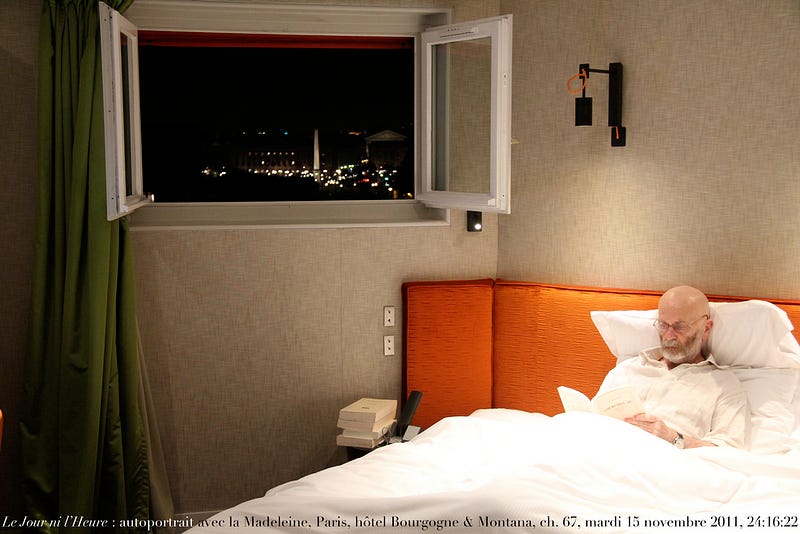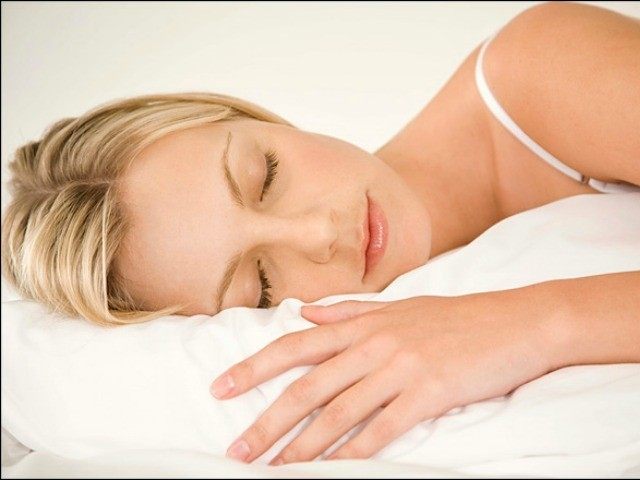
Flickr User Renaud Camus
Electronics are wreaking havoc on the human sleep cycle. iPhones, iPads, laptops, and electronic lights bombard our eyes with artificial light, tricking our brains into believing we should stay awake long after the sun sets. Indeed, one recent study found that people have much worse deep sleep if they read a tablet or phone before bed.
However, in the sleepy villages of rural Brazil, residents live a blissful experience without being surrounded with electronics. And, in the peaceful town of Baependi, a new study finds that residents tend to sleep and rise with the setting of the sun.
In rural Brazil, residents tended to fall asleep around 9:20 and wake up around 6:30. In comparison, the hyper-connected citizens of London went to bed closer to midnight (11:15 PM) and wake up at 8:30 AM.
“In big cities, the availability of cheap electricity has brought us both artificial lighting and a multitude of other electronic devices that compete with us going to sleep at night,” explained study author Malcolm von Schantz. “The people of Baependi, particularly those in the countryside, maintain a much stronger link with the solar rhythm”
What can city folk do to offset the unnatural impacts of electronics? Personally, I install f.lux on my laptop, which filters out the blue spectrum of light after sunset. I also wear “blueblocker” sunglasses at night, if I want to read on my smartphone. These cheap sunglasses filter out enough artificial light to help me fall asleep.
Read more about the study here.

COMMENTS
Please let us know if you're having issues with commenting.